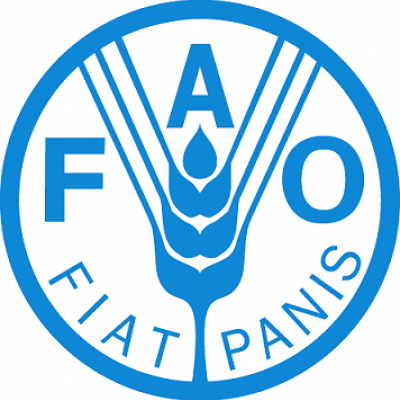FAO has previously championed ‘climate smart’ livestock production, but we agree the time is right to call for a reduction in the consumption of meat and dairy.
According to Food Navigator FAO Director General, Graziano da Silva, has called on governments to target the demand side with policies that reduce meat and dairy consumption and encourage more sustainable proteins warning of the rise in demand for meat and dairy. Speaking at the 10th Global Forum for Food and Agriculture held in Berlin this month, he told delegates that “alternative sources of protein - such as fish and pulses - are available and should be explored. “We have to focus on healthy and balanced diets.”
The FAO also highlights the importance of reducing emissions from livestock production saying methane emissions can quickly be cut by 20-30% across production systems by better husbandry practices, regenerative grazing and better recycling of nutrients and energy from livestock waste.
Eating Better welcomes the UN Food and Agriculture Organization (FAO) call for reduction in the consumption of meat and dairy. While FAO has previously championed ‘climate smart’ livestock production, it has spoken far less about the need to reduce demand and consumption, particularly in high consuming countries. In the UK, we consume twice as much meat than the global average.
The UK’s Committee on Climate Change has told government this month that there have been no improvements to reduce GHG from agriculture sector over the last six years and the current voluntary system needs to be made mandatory. We will continue to ask the UK government to do more to drive progress towards climate change goals for agriculture which also supports public health, promotes high standards for animal welfare and incentivises biodiversity restoration (see our recommendations here).
Images:
FAO logo by FAO, all rights reserved.
